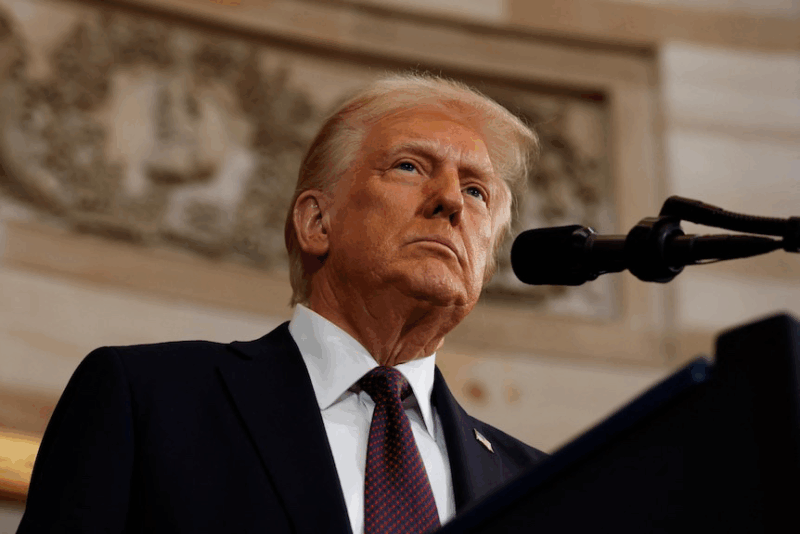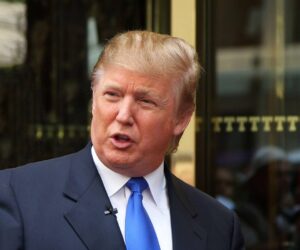U.S. President Donald Trump has issued a warning to countries that impose digital service taxes (DSTs), threatening to hit their exports with heavy tariffs and restrict access to advanced U.S. technology if they refuse to scrap the measures.
In a post on his social media page, Trump stated: “With this TRUTH, I put all Countries with Digital Taxes, Legislation, Rules, or Regulations, on notice that unless these discriminatory actions are removed, I, as President of the United States, will impose substantial additional Tariffs on that Country’s Exports to the U.S.A., and institute Export restrictions on our Highly Protected Technology and Chips.”
Trump argues that DSTs are designed to harm American technology firms, while allowing Chinese competitors to avoid similar treatment. His position revives an old fault line between Washington and its allies.
During his first term, he had also threatened countries such as Canada and France with tariffs for pursuing similar tax regimes. In February this year, he ordered U.S. trade officials to reopen investigations into countries levying DSTs against U.S. tech giants.
Over 20 nations, including France, Spain, Italy, India, Kenya, and the United Kingdom, have introduced DSTs ranging between 2% and 7.5% of gross revenue from digital advertising, marketplaces, and user data monetisation. These policies primarily affect firms such as Google, Meta, Apple, and Amazon, which dominate the global digital economy.
While proponents argue that DSTs ensure fair taxation of multinational platforms profiting from their markets, the U.S. government sees them as discriminatory. Officials believe they tilt the playing field against American companies while giving an advantage to rivals, particularly those from China.
Beyond DSTs, the United States has grown more wary of the European Union’s landmark digital regulations, the Digital Services Act (DSA) and the Digital Markets Act (DMA). The DSA, enforced in 2024, compels platforms to remove illegal content, boost transparency, and share data with regulators.
The DMA aims to curb anti-competitive behaviour by major “gatekeepers” such as Google and Apple, forcing them to open up their platforms and reduce self-preferencing.
Washington interprets these moves as non-tariff trade barriers. Reports state that Trump’s team has even considered sanctions on EU officials responsible for enforcing the laws, a step that could further strain the $1.7 trillion transatlantic trade relationship.
Trump’s latest warning goes beyond tariffs as he also threatened to restrict exports of advanced semiconductors and artificial intelligence chips, a measure that could disrupt supply chains worldwide. Companies like Nvidia, which play a central role in AI development, could be caught in the crossfire.
The U.S. and EU conduct more than $4.2 billion in trade daily, and a recent agreement capped U.S. tariffs on most European goods at 15%. Introducing new tariffs or export controls would escalate tensions and risk retaliation from allies.
Efforts to resolve the tax dispute at the multilateral level have also faltered. The OECD has been pushing for a global framework to replace DSTs with a uniform system for taxing multinational profits. However, the U.S. remains resistant, fearing it would lose its own taxation rights under the proposed arrangement.
With both sides unwilling to compromise, the digital tax fight appears set to intensify. Trump’s latest threat raises the prospect of a trade confrontation both with rivals, and with long-standing allies who see DSTs as a matter of fairness in the digital economy.
![]()











